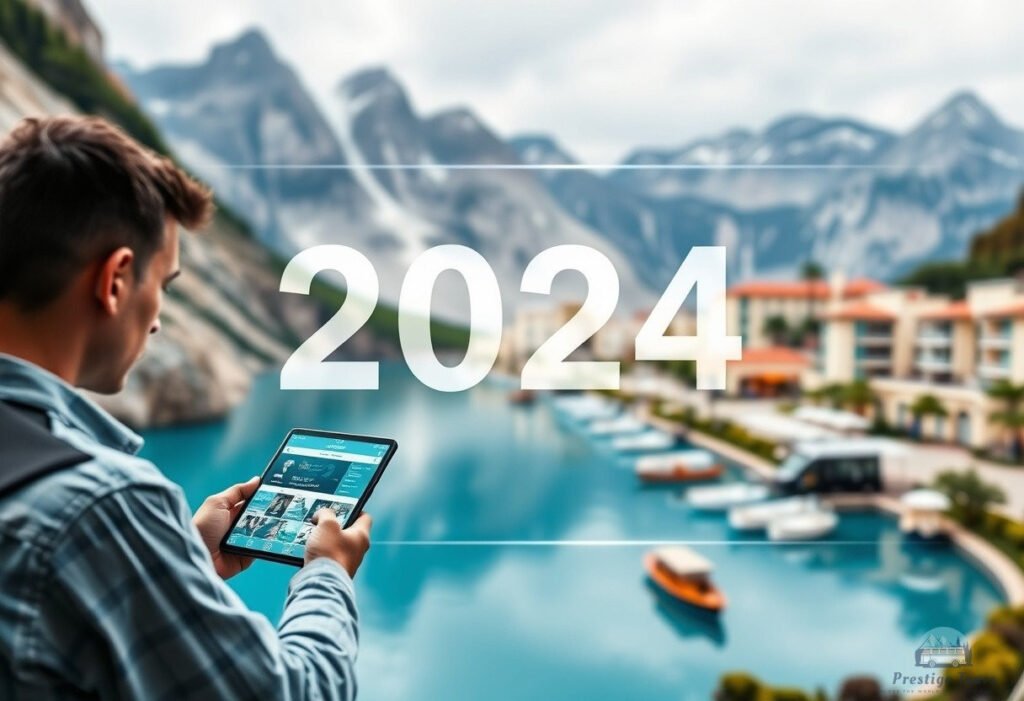Digital Horizons of Tourism 2024: How Innovative Solutions Are Shaping the Future of Customer Experience
The modern tourism market is undergoing significant changes due to the introduction innovations in tourism. In 2024, technology is becoming a key player in changing the way we organize travel and interact with customers. In this article, we look at which technology solutions have the greatest impact on the future of travel and how they are shaping the next generation of customer experience.
Technological trends
According to research by Deloitte, more than 70% tourists want a seamless and personalized experience when booking and traveling. In 2024, several key trends can be identified:
- Artificial Intelligence (AI): AI helps travel companies analyze large amounts of data, allowing them to offer more targeted services.
- Virtual Reality (VR): VR technology is becoming increasingly available for previewing travel destinations and hotels.
- Blockchain: This technology ensures transparency and security of transactions, which increases customer confidence.
Personalizing the customer experience
One of the main aspects innovations in tourism is personalization. Using data about customer preferences, companies can develop unique offers. For example, Marriott uses machine learning algorithms to create recommendations for its customers based on previous bookings and interactions with the brand.
Another example is Airbnb, which is implementing travel recommendations based on travel data analysis, thereby improving its customer service and increasing user satisfaction.
Environmental responsibility and sustainable tourism

Modern tourists are becoming more conscious and caring towards the environment. In 2024, there will be an increase in interest in innovations in tourism, related to sustainable development. For example:
- Use of renewable energy: Many hotels are introducing solar panels and other alternative energy sources.
- Recycling programs: Travel companies are launching new initiatives to reduce waste and increase the reuse of materials.
These changes not only have a positive impact on the environment, but also help attract tourists who appreciate such initiatives.
Mobile technologies and communications
Every year, the role of mobile applications in the tourism industry is growing. According to Statista statistics, in 2024, more than 60% of all tourism services will be ordered via mobile devices. Statistics show that users prefer mobile applications for booking hotels and airline tickets, which makes them an important sales tool.
Additionally, messengers and chatbots are becoming an integral part of customer service, providing instant access to information and support.
The Future of Customer Engagement
To remain competitive, tourism companies need to adapt to new realities. Investing in Innovations in Tourism and the integration of high technology into customer experience is becoming a necessity. Creating interactive websites and improving UX/UI will help customers easily find the information they need and book services quickly.
Amid all these changes, companies must remember that the human factor remains the key element of successful customer interactions. Providing high-quality customer service and developing long-term relationships are important aspects that complement technological innovations.
Thus, 2024 promises to be an era of significant changes in the tourism business aimed at using innovations in tourism to create a unique customer experience. For a deeper understanding of the impact of technology on tourism, it is recommended to read more detailed studies in this area: Trends in the Tourism Business and Investments in the Tourism Industry.








